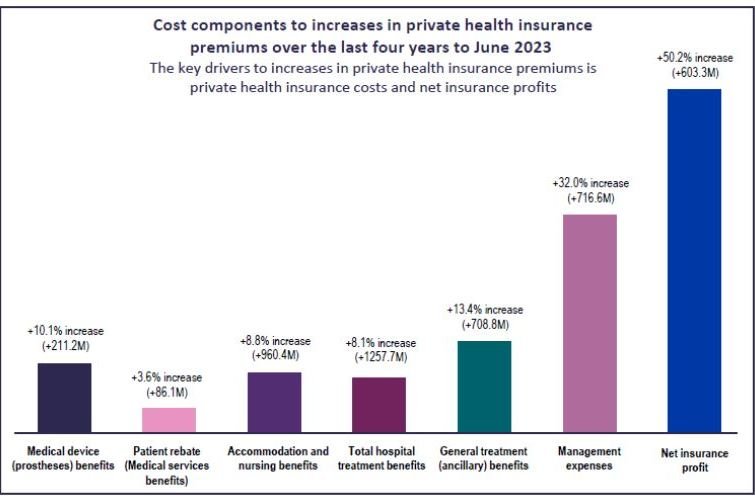Research led by the Centenary Institute has shown that a healthy weight and coffee consumption may help lower the risk of high-risk drinkers developing alcohol-induced cirrhosis (scarring of the liver), which causes approximately 300,000 deaths globally each year.
Also found by the researchers in this multi-national GenomALC Consortium–involving QIMR Berghofer Medical Research Institute and the Southern California Institute for Research and Education (SCIRE)–is that susceptibility to cirrhosis among high-risk drinkers is affected by a family history of alcohol-induced liver disease.
“Only a minority of high-risk drinkers, approximately 10-15 percent, actually end up developing alcohol-induced cirrhosis. But the survival time for those individuals who do develop this devastating disease can be as low as 1-2 years,” said Clinical Associate Professor Devanshi Seth, Head of the Centenary Institute Alcoholic Liver Disease Research Program and senior author of the published study.
“The best way to reduce harm from alcohol (including cirrhosis) is by reducing or cutting out alcohol. High-risk drinking is chronic alcohol use above the recommended guidelines that may result in cirrhosis. Unfortunately, individuals may not be aware of the dangers that heavy drinking entails. The aim of our study was to identify risks associated with cirrhosis in heavy drinkers and to gain insights into additional measures that could help in preventing or reducing cirrhosis in patients whose drinking places them at risk,” she said.
Lead author of the study, which was published in the prestigious science journal ‘American Journal of Gastroenterology’, was Dr John Whitfield from QIMR Berghofer Medical Research Institute.
Dr Whitfield says their study found evidence that an increased risk of developing alcohol-induced cirrhosis could be inherited, especially from fathers.
“Our study showed that risk of cirrhosis was significantly increased in individuals if the father was a chronic alcohol user and had died from liver disease. We also found that high-risk drinkers who consumed coffee were less likely to develop cirrhosis, while tea drinking only marginally lowered the risk,” Dr Whitfield said.
Dr Timothy Morgan, co-senior author of the study and researcher at the SCIRE notes that they’ve also been able to show that obesity and diabetes are both independently linked with an increased risk of alcohol-induced cirrhosis. “High-risk drinkers who have diabetes in middle age are particularly likely to progress to cirrhosis,” he said.
Clinical Associate Professor Seth believes that their findings may have major public health consequences. “Measures such as maintaining a healthy bodyweight, intensive treatment of diabetes or pre-diabetic states, and encouragement of coffee consumption may be useful lifestyle interventions to reduce the risk of alcohol-induced cirrhosis for high-risk drinkers.” she said.
The research was funded by the National Institute on Alcohol Abuse and Alcoholism (NIAAA) a part of the National Institutes of Health (NIH), USA.
[







